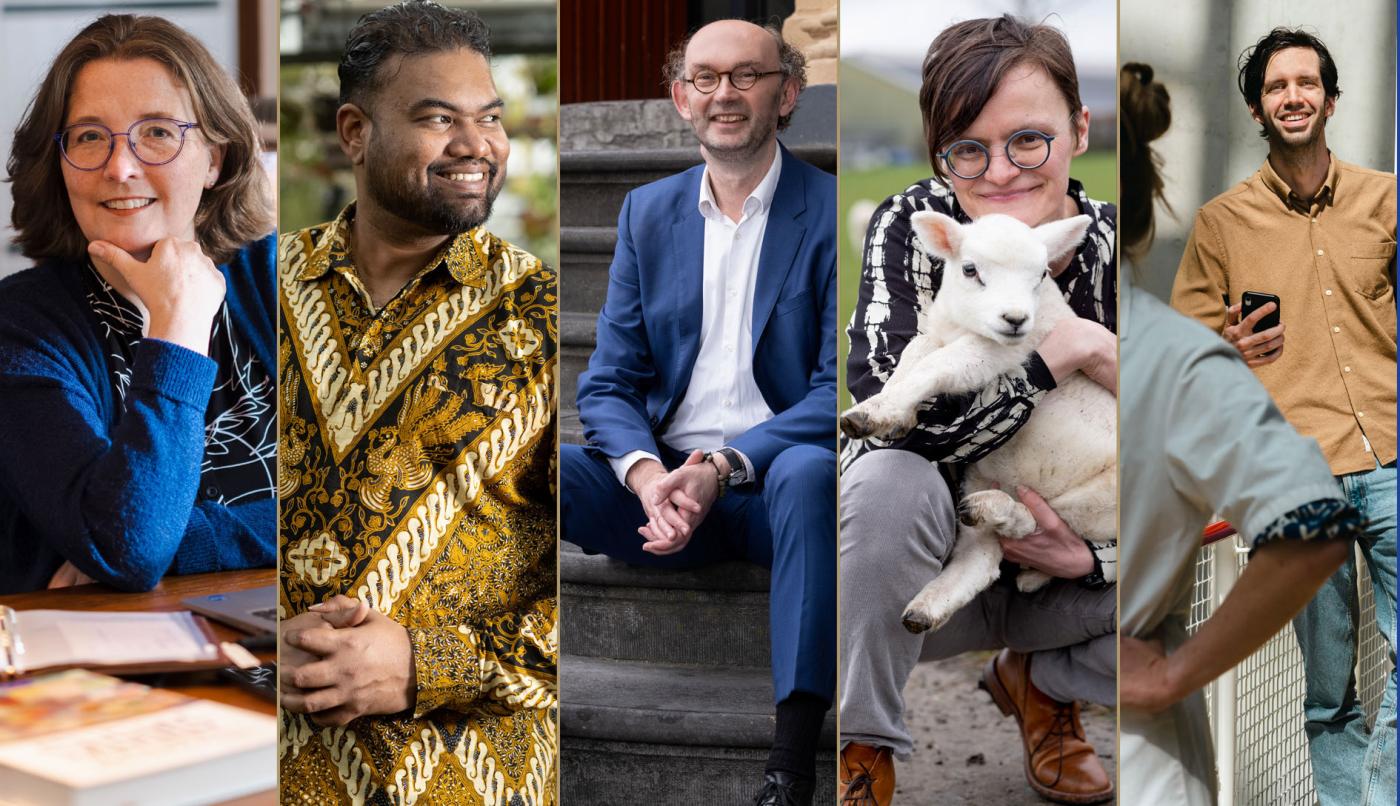Research on first-generation scientists
Does someone like me belong in academia?

People have been paying more attention to inequality of opportunity in academia, especially in terms of gender, ethnicity and migration background. The obstacles faced by first-generation university students whose parents did not study at that level are also often discussed.
But first-generation scientists are still a blind spot, says The Young Academy. In its report Not the first best, fifteen first-generation scientists from twelve institutions share their experiences. The group includes people in various positions, from lecturers to professors.
Imposter syndrome
First-generation scientists often feel insecure. They see themselves as imposters. Despite their achievements, they don't think they belong in academia. At the same time, many of them feel alienated from the world in which they grew up. One scientist describes moving between the two worlds as ‘standing on two barrels that threaten to drift apart.’
Discrimination
First-generation students are less inclined to study science due to the small chance of getting a permanent job. ‘I wouldn't recommend it to my own child,’ says one of the scientists quoted in the report.
Some of the academics interviewed have been victims of discrimination, such as being on the receiving end of unpleasant remarks about their background. People are also more likely to doubt their talent, something that often starts as early as primary school, when teachers expect less of children of less educated parents.
Driven
However, the scientists consulted also consider their background to be a strength. One of them explains: ‘Perhaps first-generation scientists have an advantage when it comes to perseverance. If you have always had to do everything on your own, you are used to just going for it and doing things yourself.’ Another says: ‘I don't want to put myself in the role of a victim because I think I've also become stronger from this.’
Several of them were supported by mentors, someone who guided them through that unknown and sometimes unfriendly space. The Young Academy states that a good mentoring programme could help first-generation scientists.
Planting seeds
Other solutions are not readily available, but The Young Academy contributes a few ideas. Since first-generation scientists are often less familiar with the unwritten rules of the academic world, these should be made explicit.
Another recommendation is that universities should ‘not only consider gender and migration background, but also less visible forms of diversity, including first-generation status’ when forming committees and boards.